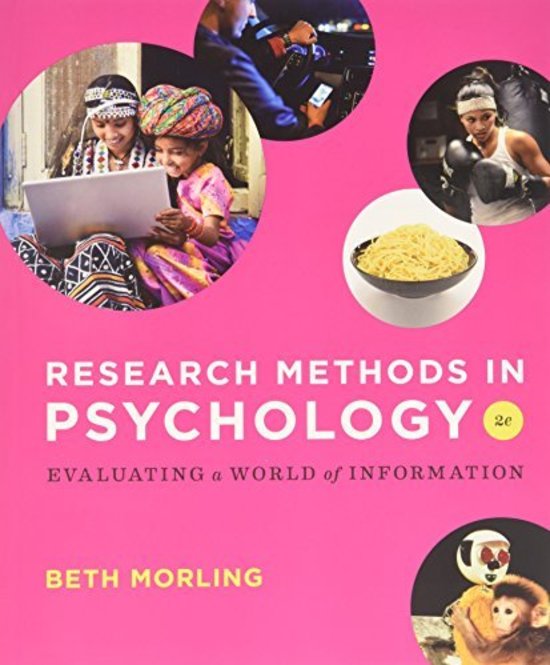Introduction to Research Methods
Part II: Research Foundations for Any Claim
Chapter 4: Ethical Guidelines for Psychology Research
LEARNING OBJECTIVES:
Define the three principles of the Belmont Report and describe how each one is
applied. Recognize the similarities between the Belmont Report’s principles and the
five APA ethical Principles.
Describe the procedures that are in place to protect human participants and animal
subjects in research.
Articulate some of the ways that ethical decision making requires balancing
priorities, such as research risks versus benefits, individual participants versus
society, participation versus coercion.
Psychologists are guided by standard ethical principles as they plan and conduct their
research. They strive to conduct their research ethically.
Historical Examples
In the past, researchers may have held different ideas about the ethical treatment of study
participants. Two examples:
- Tuskegee
- Milgram
The Tuskegee Syphilis Study Illustrates Three Major Ethics Violations
Late 1920s - early 1930s.
People were concerned that up to 35% of black men living in the south were infected
with syphilis.
Syphilis was largely untreatable and affected men’s ability to work, contribute to
society, and climb out of poverty.
- Available treatment: infusing toxic metals, fatal side effects.
, 1932: USPHS worked with Tuskegee Institute to start a study of 600 black men. 400
infected, 200 not. Aim was to study the effects of untreated syphilis on men’s health
in the long term.
Many participants were enthusiastic about having access to healthcare although
there is little evidence that the men were told what the study was about syphilis.
Study lasted 40 years in which the researchers followed each man infected, until they
all died, so they could record valuable data on how the disease progressed.
A lot of information was withheld from participants developments in cures,
beneficence of the treatment, preventing treatment for Armed Forces etc.
Three Kinds of Ethics Violations
1. The men were not treated respectfully. They were lied to about the nature of their
participation and information was withheld (penicillin cure), therefore the
participants were never given a chance to provide full, informed consent to
participate. Later their families were coerced into agreeing to an autopsy because of
a large burial payment they were given.
2. The men in the study were harmed. They were subjected to painful/dangerous tests
as well as not being told about a treatment that could have, in the later years of the
study, easily cured them.
3. The researchers targeted a disadvantaged social group. Syphilis can affect everybody
however all the men in this study were poor African Americans.
The Milgram Obedience Studies Illustrate an Ethical Balance
The Tuskegee Syphilis study provides clear examples of violations, but Stanley
Milgram’s series of studies on obedience to authority illustrate the gray areas in
ethical research.
Early 1960s, a participant plays the teacher, a confederate plays the learner.
Whenever the learner makes a mistake, the teacher administers a shock, increasing
15 volts each time.
65% of participants followed the experimenter’s demands, delivering up to 450 volt
shocks.
18 variations or more were conducted of this study.
Ethical Questions
How do researchers define harm to participants?
, - Was it ethical to put unsuspecting volunteers through such a stressful
experience?
How do they balance the importance of a study with the harm it might do?
Lasting effects of the study:
Participants were debriefed after, but some participants were dramatically affected
by learning that they were willing to harm another person simply because someone
in authority told them to do it. Most of them reported that they had learned
something important about themselves.
Balancing Risk to Participants with Benefit to Society
After the first variation, Milgram knew what kind of behavior to expect from the
participants. Once he saw how much stress and anxiety was evoked in them, he could have
chosen to stop, or modify the procedure, but he didn’t. some writers have found his choices
unethical but others have pointed out that his studies contributed crucial lessons about
obedience and authority, which we would not have learned without his research. Therefore,
we struggle to balance the potential risks to participants and the value of the knowledge we
can gain, and deciding whether this research is ethical.
CHECK YOUR UNDERSTANDING:
What three categories of ethics violations are illustrated by the Tuskegee Syphilis
Study?
What are two primary concerns that have been raised against the Milgram
obedience studies? How did Milgram and his supporters counter these concerns?
Core Ethical Principles
Achieving ethical balance in research is guided by standards and laws.





